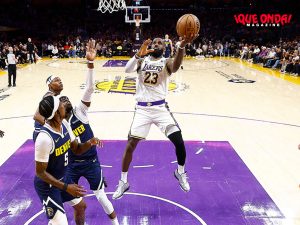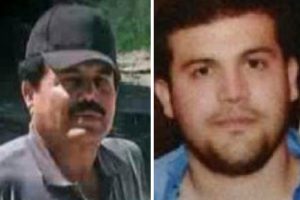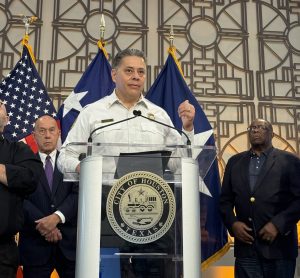
The highly anticipated sit-down between Tucker Carlson and Vladimir Putin, held in Moscow on Tuesday and aired on Carlson’s conservative platform on Thursday, fell short of expectations, offering little insight into the Russian president’s motives behind the invasion of Ukraine or holding him accountable for his actions. Instead, Putin utilized the platform to cast doubt on American aid to Ukraine and the U.S. political system.
Here are the key takeaways from the interview:
Putin Asserts Continued Military Actions
Putin’s primary message was a plea to Americans to cease supplying weapons to Ukraine, suggesting that doing so would swiftly end the conflict. He emphasized the need for Ukraine to engage in negotiations, but his statements revealed broader intentions, including what he termed as “de-nazification” of Ukraine, hinting at the removal of its democratically elected president, Volodymyr Zelenskyy.
Undermining Confidence in American Democracy
Putin exploited the interview to cast doubt on the efficacy of the U.S. political system, insinuating that it is controlled by an elite group rather than the elected leaders. He highlighted past failures in Russo-American relations and even brought up his relationship with former U.S. presidents, including Donald Trump and George W. Bush.
Propaganda Success for the Kremlin
Despite initial attempts to downplay collaboration, both Carlson and Putin seemed to align throughout the interview. Carlson’s questions largely avoided sensitive topics such as Russian war crimes and political prisoners, while Putin evaded accountability and even managed to divert the conversation to historical references, leaving Carlson to praise his “encyclopedic knowledge.”
Charm Offensive and Prisoner Negotiations
Putin took the opportunity to flatter Elon Musk during the interview, suggesting a shared admiration for the entrepreneur’s endeavors. Additionally, Putin hinted at the possibility of a prisoner exchange involving American journalist Evan Gershkovich, currently detained in Russia, signaling a potential negotiation tactic.
Maintaining Diplomatic Channels
While Putin claimed not to recall his last conversation with President Biden, he acknowledged ongoing communication channels between Russia and the United States, underscoring the complex relationship dynamics.
Lengthy Interview, Limited Results
Clocking in at over two hours, the interview failed to yield substantial revelations. Instead, it meandered through historical references and tangential discussions, leaving many questions unanswered and controversies unresolved.
Unorthodox Moments
From Putin’s unexpected display of 17th-century letters to Carlson’s uneasy reaction, the interview had its share of peculiar moments, further adding to the intrigue surrounding the exchange.
Ultimately, the Carlson-Putin interview served as a platform for the Russian president to disseminate his agenda, leaving viewers with more questions than answers and sparking debate over the implications of such high-profile engagements.










